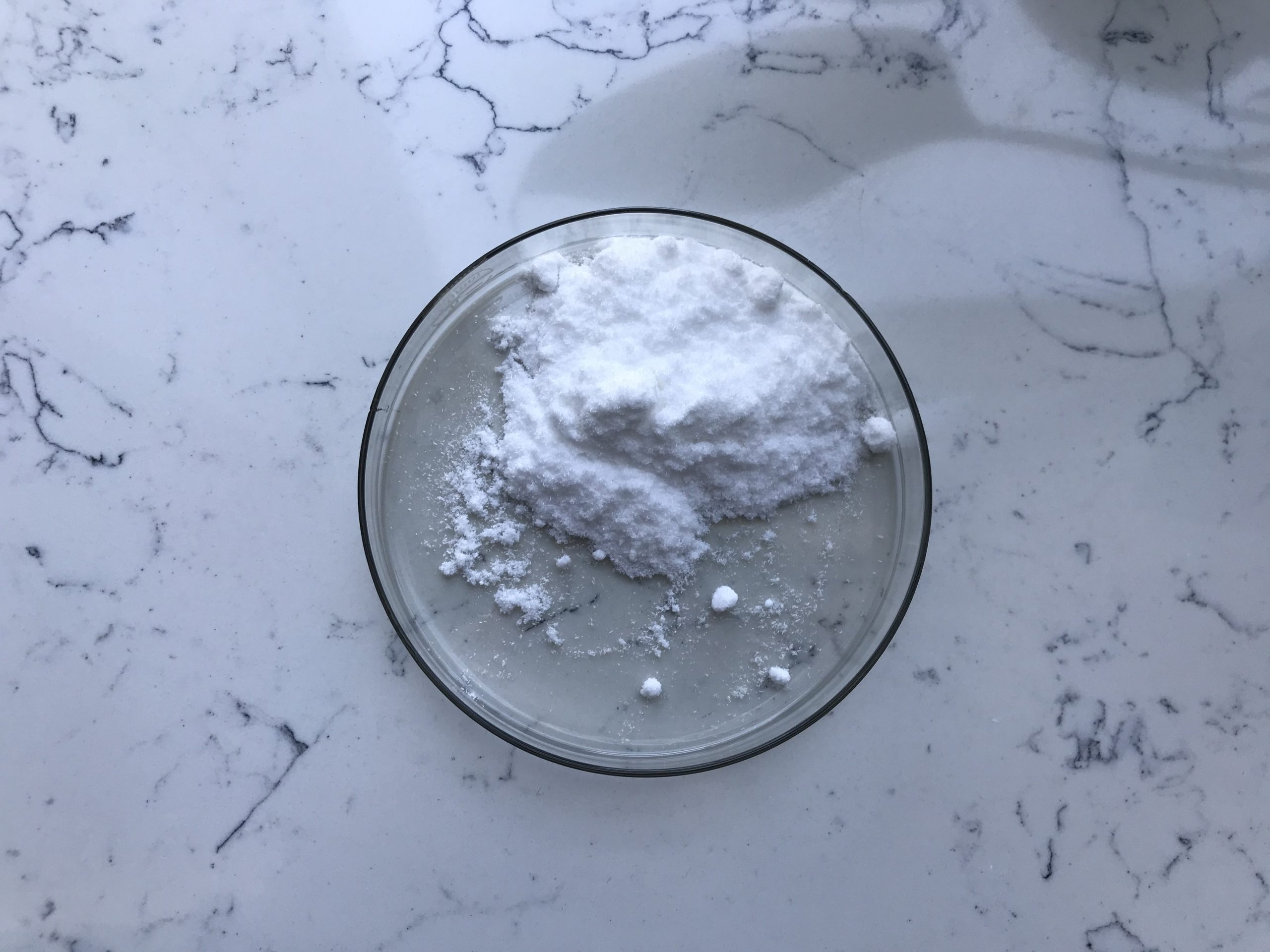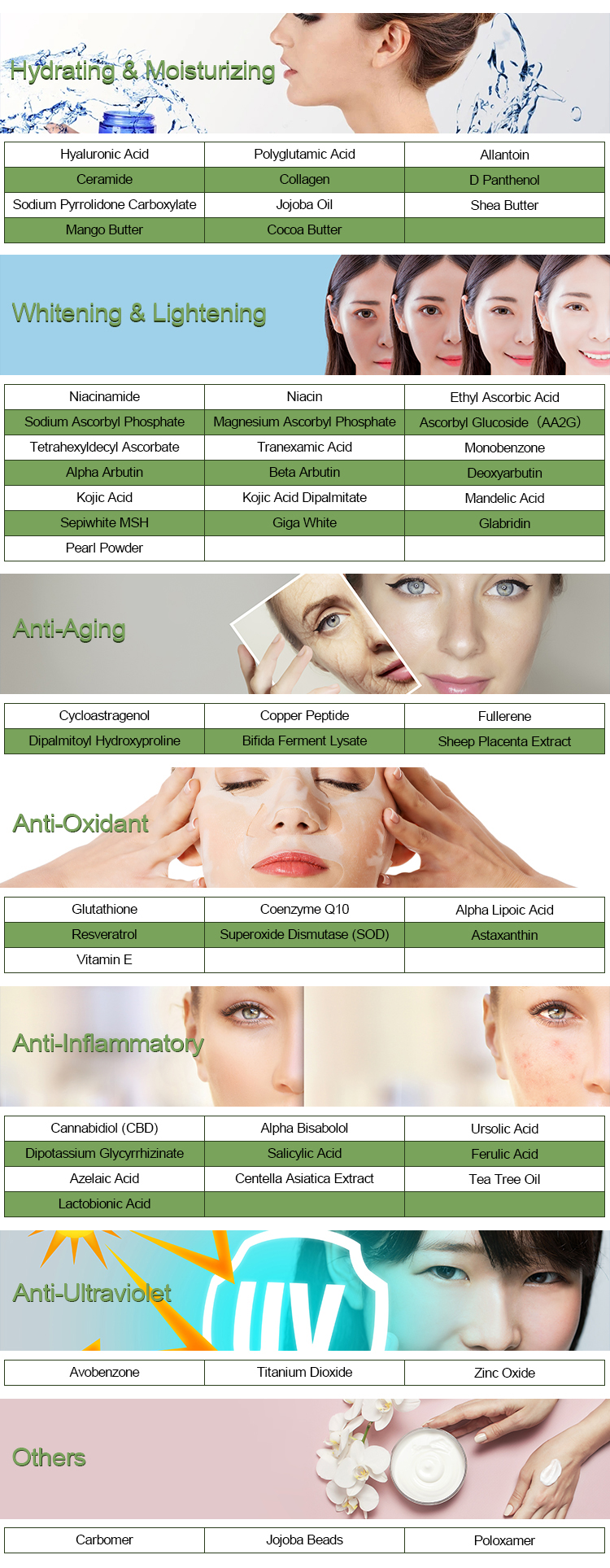Nicotinamide, also known as niacinamide, is the amide form of niacin (vitamin B3) and plays several key roles in the body due to its involvement in various biochemical processes. Its pharmacological actions are primarily based on its role in cellular metabolism, inflammation modulation, and DNA repair. Here are the major pharmacological actions of nicotinamide:
1. Coenzyme Role in Redox Reactions
Nicotinamide is a precursor of NAD+ (nicotinamide adenine dinucleotide) and NADP+ (nicotinamide adenine dinucleotide phosphate), which are crucial coenzymes in a wide range of metabolic pathways. These coenzymes are involved in:
- Cellular energy production through glycolysis, the citric acid cycle, and oxidative phosphorylation.
- Redox reactions that are essential for maintaining cellular homeostasis.
- Fatty acid synthesis and oxidation.
2. DNA Repair and Maintenance
Nicotinamide, through its role in the NAD+ cycle, is vital for DNA repair processes. NAD+ is required by several DNA repair enzymes, such as poly(ADP-ribose) polymerases (PARPs), which play a critical role in repairing damaged DNA. This action contributes to maintaining genomic stability and preventing mutations.

3. Anti-Inflammatory Properties
Nicotinamide has been shown to exert anti-inflammatory effects. It inhibits the activity of NF-κB (nuclear factor kappa-light-chain-enhancer of activated B cells), a key transcription factor involved in the inflammatory response. This makes nicotinamide beneficial in conditions where inflammation is a major contributing factor, such as in certain skin diseases and autoimmune disorders.
4. Skin Health and Treatment of Acne
Topical nicotinamide has been widely used for its anti-inflammatory and anti-oxidant properties. It helps reduce the production of sebum (skin oil), controls the activity of the sebaceous glands, and modulates inflammation. These actions make it effective in the treatment of acne vulgaris and other inflammatory skin conditions, such as rosacea and eczema.
Nicotinamide is also involved in enhancing the skin barrier function and promoting wound healing, which is why it’s commonly used in dermatology.
5. Neuroprotective Effects
Nicotinamide has been explored for its neuroprotective properties, primarily due to its ability to boost NAD+ levels in the brain. This may help protect against neurodegenerative diseases like Parkinson’s disease, Alzheimer’s disease, and Huntington’s disease, where oxidative stress and mitochondrial dysfunction play a significant role.

6. Regulation of Cellular Metabolism
Nicotinamide plays a role in regulating cellular metabolism through its influence on NAD+ and NADP+ levels. It helps in the regulation of various metabolic pathways, including those involved in glycogen metabolism, lipid metabolism, and protein deacetylation (via sirtuins), which are associated with longevity and age-related diseases.
7. Antioxidant Activity
As a precursor of NAD+, nicotinamide is involved in antioxidant defense mechanisms, helping to neutralize harmful free radicals and reactive oxygen species (ROS), which are implicated in aging and many chronic diseases.
8. Cancer Treatment Potential
Some research suggests that nicotinamide may have a role in cancer treatment, particularly in the modulation of cellular apoptosis (programmed cell death). The upregulation of NAD+ levels can enhance the effectiveness of certain chemotherapies, as NAD+ is involved in DNA repair processes and the regulation of cell survival.
9. Impact on Insulin Sensitivity
Nicotinamide has been studied for its effects on insulin resistance. Some research suggests that it may influence insulin sensitivity and glucose homeostasis, potentially making it a useful agent in managing metabolic conditions such as type 2 diabetes.

Side Effects and Considerations:
Nicotinamide is generally considered safe, especially in its topical form, with few side effects. However, high doses taken orally (such as those used in niacin supplementation) can cause liver toxicity, gastrointestinal distress, and flushing.
In summary, nicotinamide’s pharmacological actions are wide-ranging, impacting cellular metabolism, DNA repair, inflammation, skin health, and potentially neuroprotection and cancer treatment.
